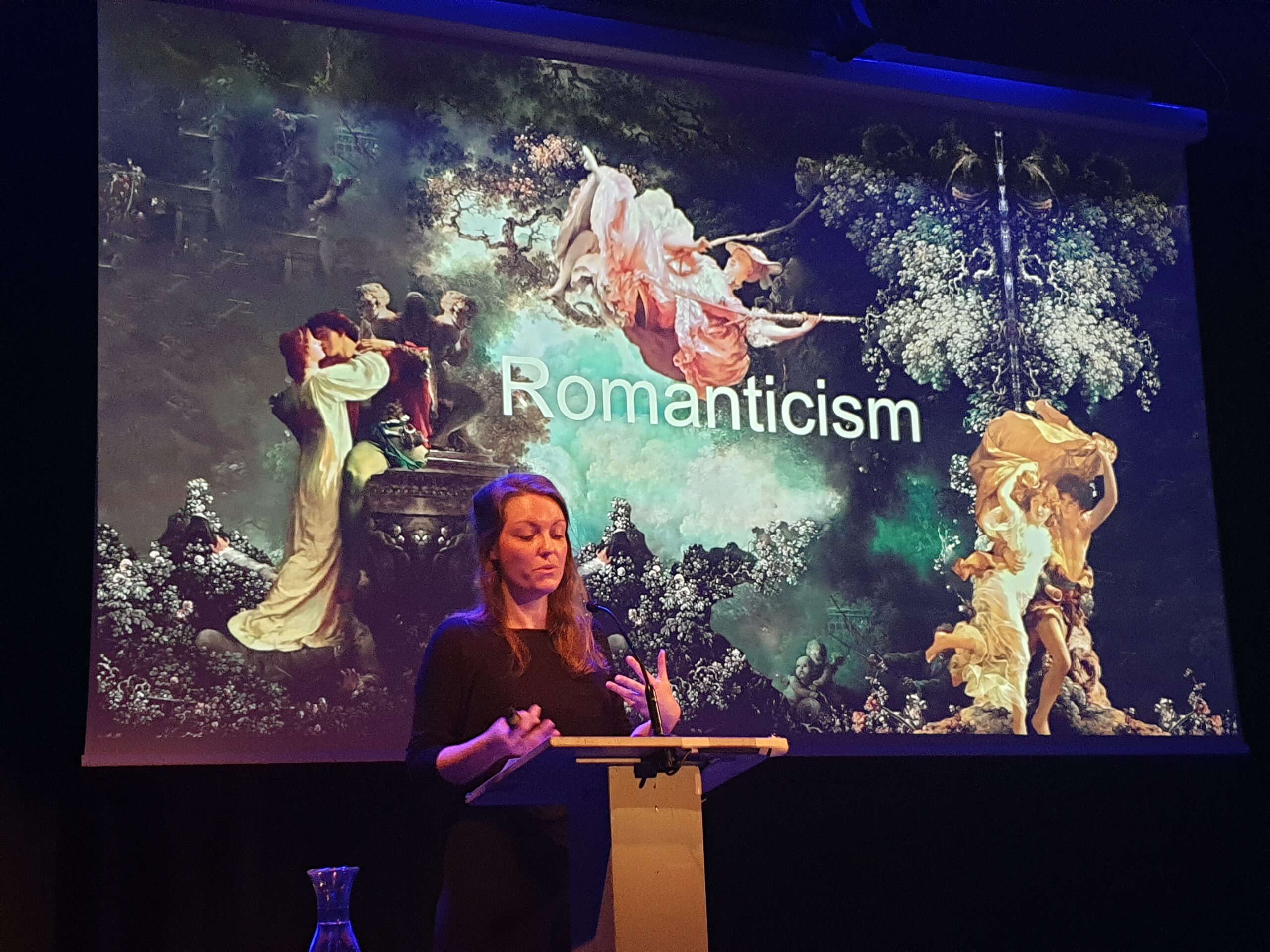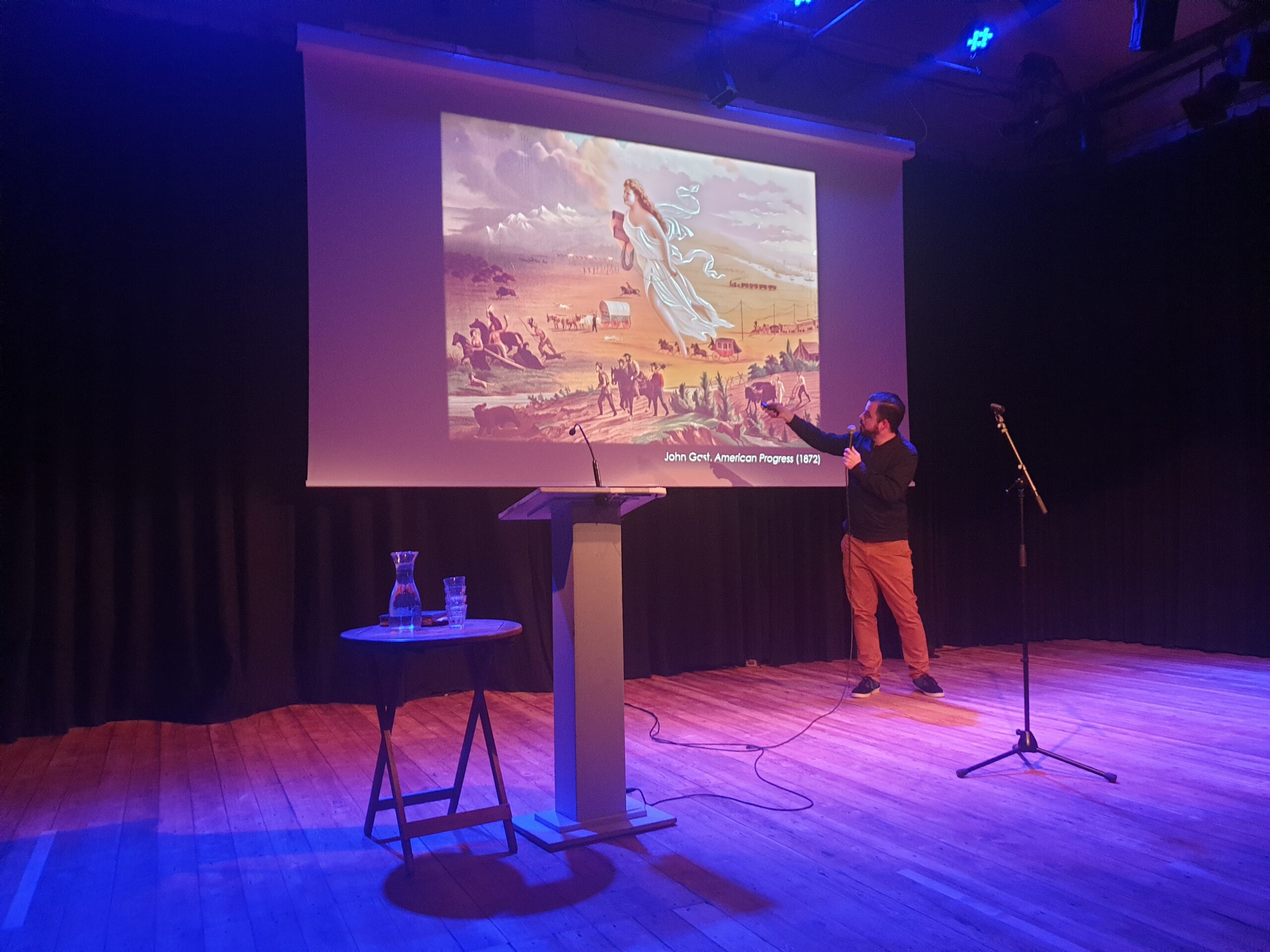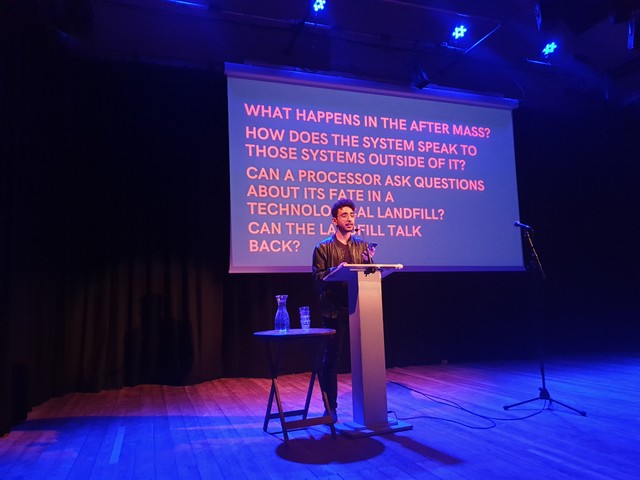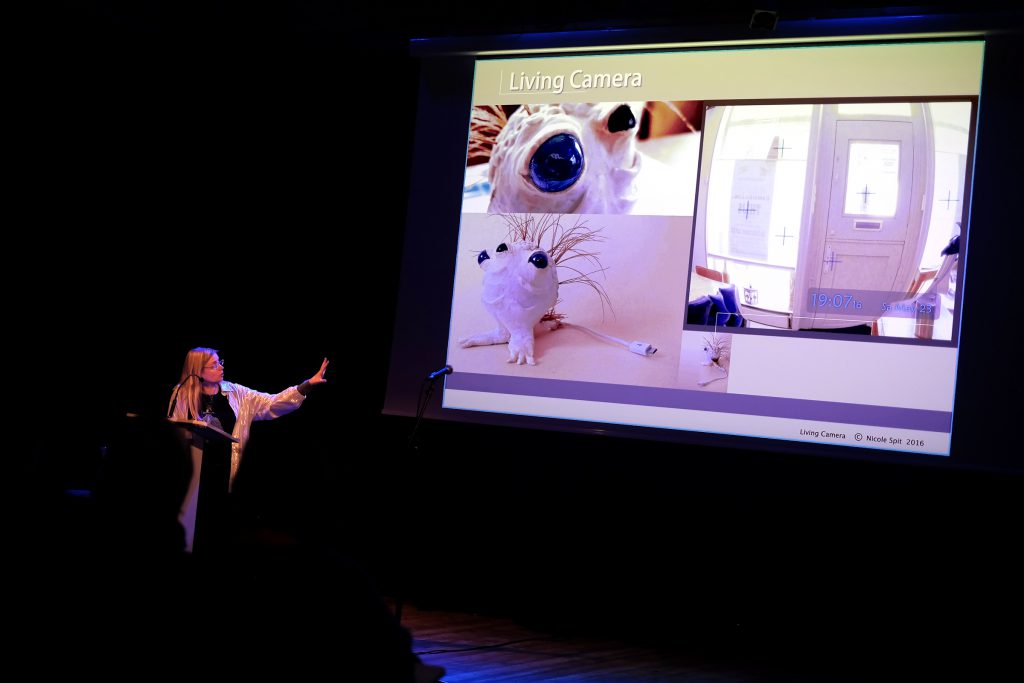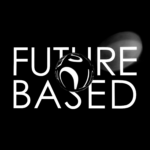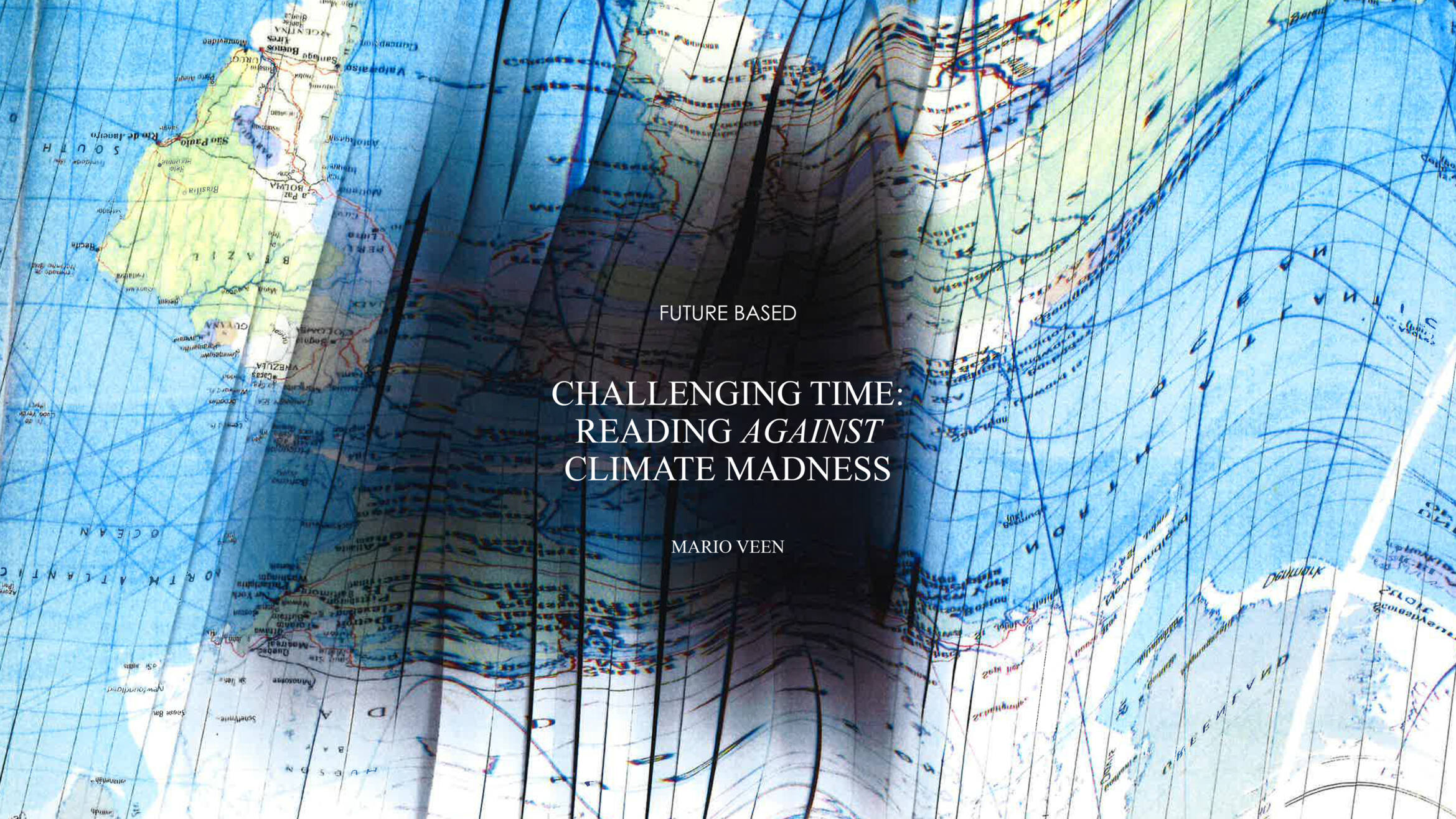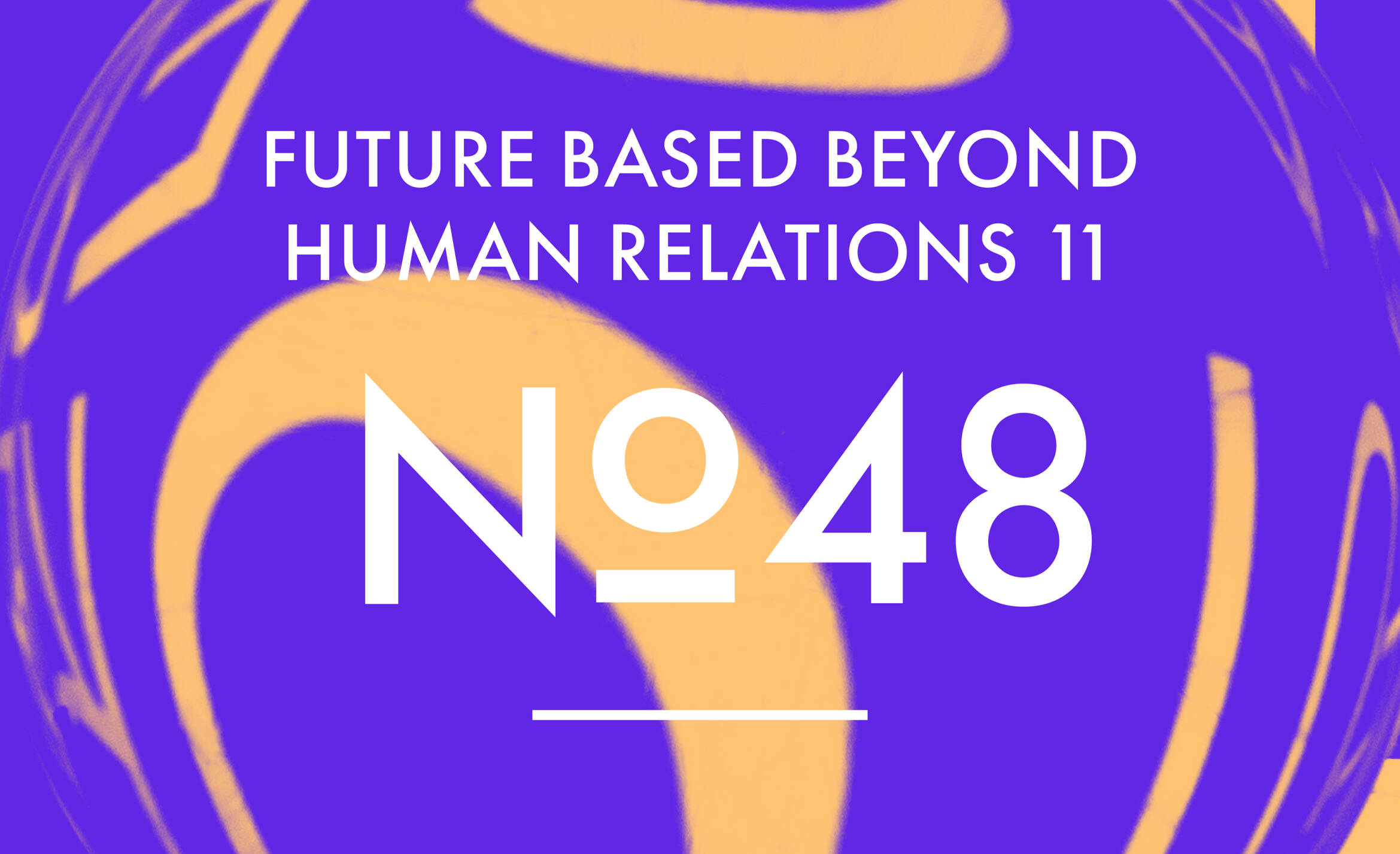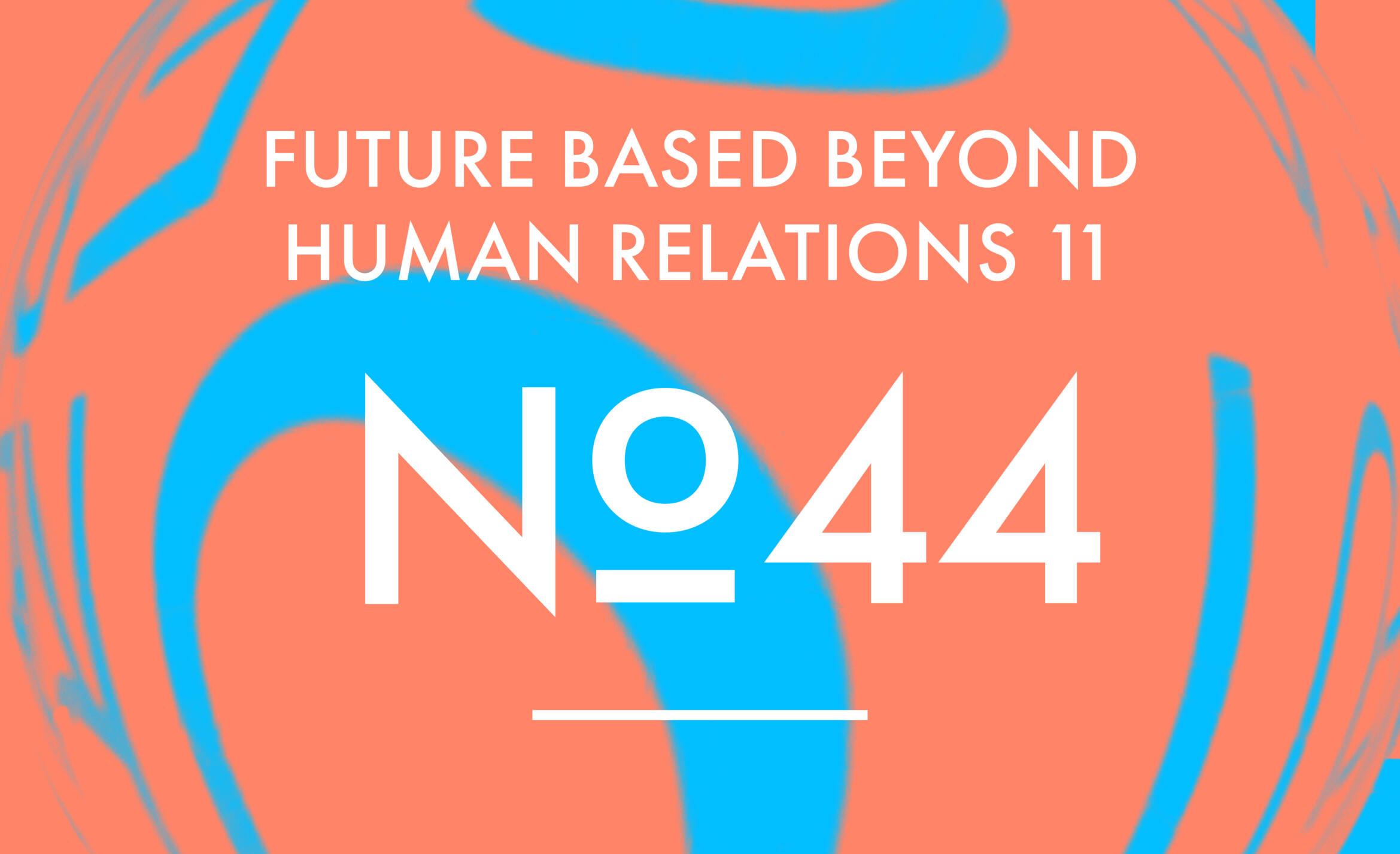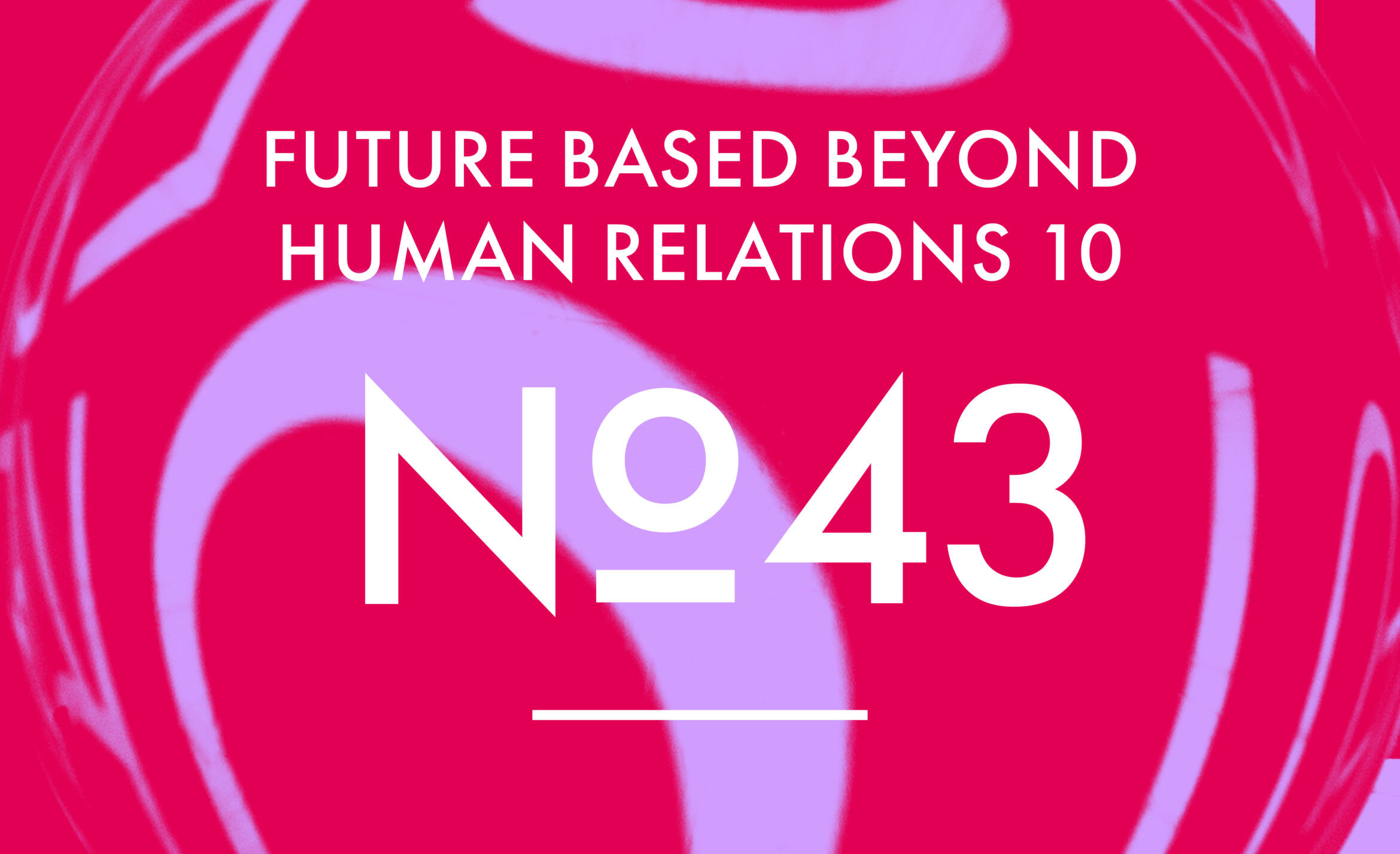BOOK REVIEWS AND REFLECTIONS BY MARIO VEEN
RIGHTS OF NATURE: time to grow
It is often said that a society is blessed when old people plant trees under whose shade they will never sit. Planting trees is a good start, but I would say a society is blessed when no [...]
PEDAGOGIES OF COLLAPSE: Not the collapse of pedagogy
“I want students to come to my class aware and appraised of the scientific consensus, endowed with intimate knowledge of the plant and animal world, undaunted by the prospect of fixing a broken pipe or upcycling a [...]
HERALD OF A RESTLESS WORLD: Philosopher’s Routine
It’s telling when you have to start a discussion of a philosopher’s biography with *no spoilers!* But such is the case with Emily Herring’s biography of Henri Bergson, HERALD OF A RESTLESS WORLD. “The world Henri Bergson [...]
PODCAST SERIES: BEYOND HUMAN RELATIONS
Plural Perspectives with Erik Peters
Erik Peters (he/they) is an interdisciplinary artist and designer engaging with the worldbuilding potentialities seeded in the act of storytelling, uncovering how speculative fiction can germinate new universes of being. Their research-based and collaborative practice is [...]
About Organisms with Anton Poikolainen Rosén
Dr. Anton Poikolainen Rosén is a Postdoctoral researcher at Aalto University School of Art, Design and Architecture. His research focuses on sustainable futures in Human-Cumputer Interaction and more-than-human design. He works with ethnographic methods, research through design, [...]
Diversity of Being with Jelle van Dijk
Jelle van Dijk is a researcher, teacher, writer, speaker and he draws comics. He is an Assistant Professor in Human Centred Design at the University of Twente, amazed by people, who they are, what they do, and [...]
